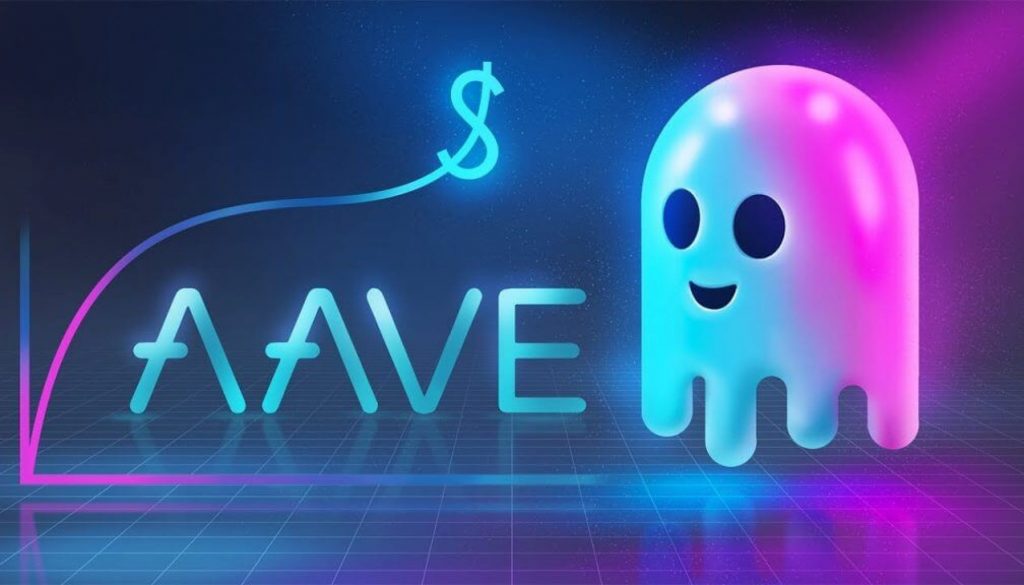According to the language of a proposal accepted by the AAVE decentralized autonomous organization (DAO) on March 10, some AAVE users who inadvertently sent tokens to the wrong address may soon be able to retrieve them.
The proposal, titled “Rescue Mission Phase 1 Long Executor,” allows AAVE developers to modify smart contracts that were inadvertently handed tokens in the past, therefore forcing the contracts to automatically return the tokens to their rightful owners.
The confirmed proposal only applies to misdirected AAVE, LEND, Tether (USDT), Uniswap (UNI), and staked AAVE (stkAAVE) tokens submitted to the AAVE token contract, the LEND token contract, the LendtoAaveMigrator, or the stAAVE token contract.
It also permitted the team to initiate a new implementation for these contracts.
During the startup, according to the Aave DAO, lost tokens will be automatically routed to a separate AaveMerkleDistributor contract, from which they will be distributed to their owners.
The text of the proposal emphasizes that these tokens will only be transferred during the contracts’ initialization phase, stating:
“To be as minimally invasive as possible, these new implementations only include this additional logic in their initialize function, with everything else remaining unchanged.”
It appears that only tokens lost in the past will be recovered. Tokens transferred inadvertently to these addresses in the future may be irretrievably lost until a fresh proposal is adopted.
Transferring tokens to a token contract by accident is a prevalent issue in the cryptocurrency industry.
ChainSafe developer Muhammad Altabba estimates that tokens and Ether (ETH) worth hundreds of millions of dollars are trapped in the Ethereum null address (0x0) and token contracts.
One Ethereum user lost over $500,000 worth of wrapped ETH (wETH) after they transferred it to the wETH token contract without invoking its “unwrap” function.
If a contract cannot be updated, it is typically difficult to retrieve tokens lost in this manner.
By design, cryptographic transfers should be immutable.
Even if erroneous transfers are reversible, attempts to do so are occasionally problematic.
The DAO, an early form of the DAOs of today, was abused for $60 million worth of ETH in 2016, something the DAO’s investors likely did not plan to occur.
The majority of Ethereum validators executed a hard fork to undo the exploit transaction; however, a minority of validators rejected this decision, forming Ethereum Classic.
The passage of the AAVE DAO vote to retrieve lost tokens was not nearly as contentious.
It was approved with over 99.9% of the vote. Only one individual cast a vote against the idea, using a single AAVE token.












